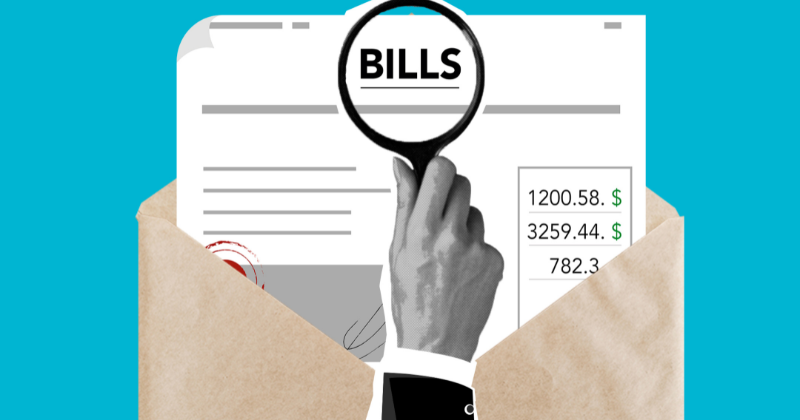
We dream of retirement being the time when we can sit back and relax, enjoying our hobbies and activities. But due to rising debt, many people are still working long past retirement age. An estate plan is more than planning for your death; it’s also planning to live your life comfortably after retirement. Many people wonder: how to balance their debt and retirement. Are there some debts that have a higher priority than others? What happens to your debt after you die?
Having some debt is not necessarily bad, and you can prioritize it. For instance, the interest rate on your mortgage may be much lower than the interest rate on your credit cards. So it may be better to pay off credit card bills before paying off your house. Working with an estate planner will help you utilize retirement plans, investments and assets to live your best life during retirement.
What happens to your debt when you die? You don’t want to burden your loved ones with what you owe. Some debts still need to be paid after you die, and some are forgiven.
Different creditors handle your debt differently after you pass away. Here are some examples of how debts are handled after you’re gone:
Unfortunately, some family members are harassed by debt collectors after the death of a loved one. But new Illinois laws can protect your family if you die in debt.
It is extremely important to work with an estate planning attorney. They will help you plan to enjoy your life during retirement and not burden your loved ones with debt after you die.
Your estate plan is important to enjoy your life during retirement and leave your assets to your family after you’re gone. Talk to an estate planning attorney in Chicago or Oak Brook about understanding your debt after you die. Contact the Estate & Probate Legal Group at 630-864-5835.
AREAS WE SERVE: Cook, DuPage, Kane, Lake and Will counties